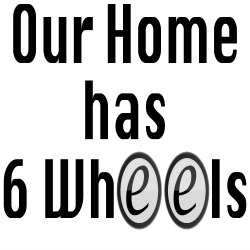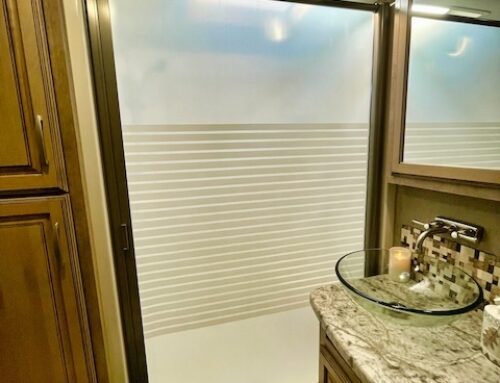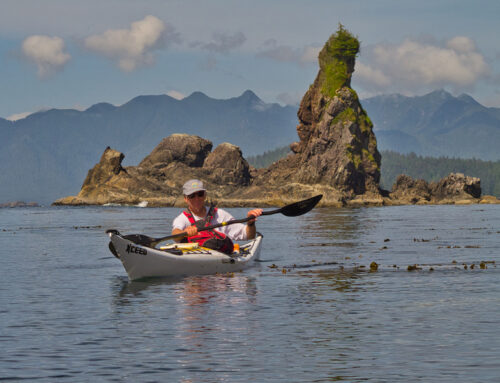GPS has become rather common place today. We have them in our cars, in our boats and on our phones, but do you really need to take a GPS on your paddling adventures. The simple answer is no, but there are some compelling reasons why they can be a valuable asset. If you do decide to try one don’t expect to plug in your destination and happily follow the arrow and turn directions until you arrive at your destination. The small handheld units suitable for a kayak or canoe don’t operate the way the one on the dashboard of your car does and while they have maps, they don’t have route mapping. And, don’t make the mistake of thinking you can use a GPS unit to replace your paper charts and compass. You do not want to place all your trust for your navigation in a device that has the potential to fail especially on a long trip.
The Benefits of a GPS
The most obvious benefit of a GPS unit is to provide you with accurate, detailed information about your position, your route and your destination. This is particularly helpful when traveling in unfamiliar waters. But there are some other uses:
Trip Planning
Before you leave on your trip you can manually enter waypoints for the destinations you want to reach or points you need to make. This is especially useful if you get caught out in the fog or darkness and lose sight of your destination. The GPS will also be able to tell you the distance to your next waypoint and the estimated time of arrival based on your present speed.
There are some limitations though. Unlike automotive GPS where you can plug in a beginning and destination points and the mapping program will route you there with all the necessary turns, marine GPS units will not do that. For example, if you set a starting waypoint and ask it to plot a course to your next waypoint at a campsite 15 miles down the coast it will just set a straight line to that waypoint, over water and through land. It will not navigate you around all the headlands, islands and bays. If you want to have a more accurate representation of your route or if you expect to be traveling in low visibility conditions, you will need to set intermediary waypoints along the route before you leave.
Coordination with your Chart
A big advantage of the GPS is coordinating with your chart. Not being exactly sure where you are or perhaps which point of land you are looking at in the distance happens to even the most experienced navigators. A GPS can be invaluable in helping you can confirm your position on the chart by either using the map display or checking your latitude and longitude.
Marking Waypoints
If there are places you want to remember such as campsites, suitable places to land, water sources etc, you can use the waypoint button and mark it. You can add a name and you will be able to find your way back next time or use the information to help someone else plan a trip to the area.
Fog
If you have ever attempted a long crossing in low visibility, relying only on a chart and compass, you will really appreciate the benefits the GPS can offer, particularly if you are crossing channels with lots of current. I can remember a 3 nautical mile crossing of Johnstone Strait off the northwest coast of Vancouver Island, BC in thick fog long before the days of GPS. Trying to judge the effect of the current was rather nerve racking! The problem was we were trying to hit a specific target on the opposite shore and if we missed it completely, were we going to paddle to the right or left to try and reach it? I was either very good or very lucky and nailed it, landing right at Telegraph Cove. The GPS can take the guesswork out of these situations and let you know if your ferry angle is off and you’re drifting too far in one direction or the other.
Emergencies
If you just have a cell phone or a standard VHF radio with you during an emergency, you can provide rescuers with your exact location using your GPS. If you are traveling with a satellite messenger, PLBs or a DSC Equipped VHF Radio they will provide that information automatically. For more information on these devices see our post on Emergency Communication Devices.
Compass
All handheld GPS units have some sort of compass feature. It can be handy for hikers trying to save weight, but it is not a feature I personally use while paddling, as I rely on a good quality deck mounted compass.
Speed & Distance Data
A GPS can provide you with other accurate information which can be very useful including the speed you are paddling right now, your moving average, your speed over time not including stops, your speed made good, which is your progress over time including stops, and trip odometer, which is the total mileage since you last reset it.
You may think that you don’t care how fast you are going but this is actually a very useful bit of data, especially for less experienced paddlers. There are many situations where you may not be aware of how much current is with you or against you or how a headwind may be affecting your forward progress. This can seriously affect your estimated time of arrival at a location. For example, if you planned your route assuming your average paddling speed is 3 knots in normal conditions, yet in reality you are only making 1½ knots because of current or wind or both, your anticipated 3 hour paddle has just become 6. In situations like this sliding closer to shore and taking advantage of eddies and the slower water near shore can make a significant difference to your forward progress. Or, in the interest of safety you perhaps choose a different route or even choose not to go.
A GPS can help you evaluate your paddling
Beyond the very practical use already discussed, the GPS can also help you understand your normal paddling pace and how different factors affect you such as when your kayak is loaded, the type of paddle you are using, your technique, what happens as you get tired and how different sea conditions affect you etc. This can all add up to a better understanding of yourself and your paddling and perhaps lead to better decisions when you’re on the water even without your GPS.
Conclusions
A GPS can be a very useful asset, perhaps more so for paddlers doing longer trips, but they can be useful for trying to improve your paddling technique and help you be more aware of how the wind and water moving around your kayak is affecting you. Just remember, a GPS should not replace a chart and compass but should compliment them, and a GPS does not replace the need for good navigational skills. This includes being able to read and understand nautical charts and using a compass in conjunction with them, as well as reading and understanding tide and current tables.
A couple of good sources for purchasing GPS units: GPS Central and GPS City
Safe Paddling!!













Leave A Comment